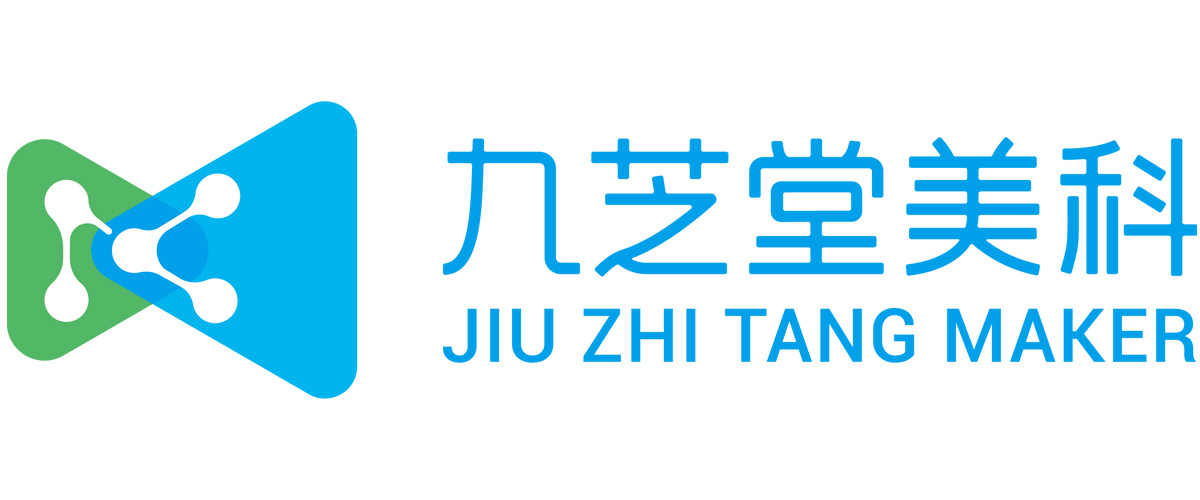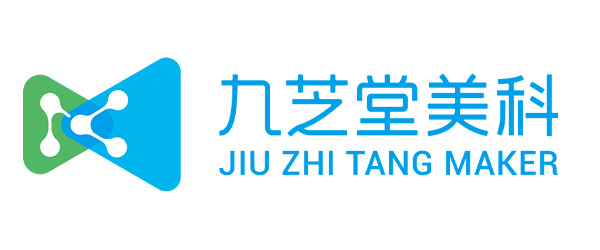New Progress Achieved in Jiuzhitang M&A Fund’s Investment in Stem Cell Business
Event: On January 12, 2019, Jiuzhitang Co., Ltd. made an announcement on latest progress its M&A fund achieved in investment efforts. Stemedica Cell Technologies, Inc. recently announced positive data from its Phase I/IIa clinical study using allogeneic stem cells for ischemic stroke. In this multi-center, open-label Phase I/IIa study, ischemic tolerant mesenchymal stem cells (itMSCs) achieved safety, tolerability, and preliminary efficacy objectives. The data demonstrated that itMSCs administered intravenously appeared to be safe and well tolerated. No serious adverse events or clinically significant changes in lab and imaging measurements were reported. Results of the study are supportive of advancing the clinical program. Following a meeting with FDA anticipated in the first half of 2019, Stemedica plans to initiate a Phase IIb trial.
Company expands business scope by entering the stem cell field
Jiuzhitang, a Traditional Chinese Medicine pharmaceutical company issued Announcement on Progress Achieved in M&A Fund’s Investment Effort on May 15, 2018: the M&A fund initiated by Jiuzhitang recently signed Agreement on Equity Investment with Stemedica Cell Technologies, Inc.; it is agreed the fund would invest a total of $70,000,000 into Stemedica by means of increasing its capitals, thus securing 51% equity of Stemedica. Founded in 2005, Stemedica is the world’s leading enterprise specializing in regenerative medicine. With federal government approval and cGMP certification, the company is committed to developing, manufacturing and conducting clinical programs on allogeneic adult stem cells and related derivatives. Thanks to its advanced manufacturing processes, stem cells produced by Stemedica have demonstrated outstanding safety and efficacy in clinical trials. So far the company has launched 6 clinical trials in US that use stem cells to treat ischemic cerebral stroke, acute heart failure, Alzheimer’s disease, skin photoaging, acute myocardial infarction and traumatic brain injury respectively.
Addressing the significant and unmet treatment need and improving competitiveness of an emerging industry with strategic importance
Ischemic tolerant mesenchymal stem cell is an allogeneic progenitor cell therapy for the treatment of ischemic stroke. There are currently no treatments approved by the FDA to reduce the severity of neurological disabilities resulting from ischemic stroke. In this sense, positive data obtained in this Phase I/IIa study might constitute a major breakthrough in addressing the significant and unmet need for treating this disorder.
Commonly known as cerebral stroke or apoplexy, ischemic stroke is a sudden neurological deficit caused by the occlusion of an artery delivering blood to the brain. Investigations performed by World Health Organization indicate the incidence rate of cerebral stroke in China ranks No.1 worldwide, which is twice that of US. According to results of the Third National Survey on Death Causes, cerebral stroke has soared to top of the list of death causes in China. Monitoring results for the past 20 yeas show nearly 2 million deaths are resulted from cerebral stroke each year, hitting an annual increase rate as high as 8.7%. Data provided by Chinese Cardiovascular Society indicates 3/4 of surviving cerebral stroke patients suffer from disabilities of varying degrees – having disabilities in one’s prime age has brought about tremendous economic burden and serious problems to patients themselves, their families and the society. As reported by Institute for Health Economics of Ministry of Health, socioeconomic burdens resulted from cerebral stroke cost our society as much as 40 billion yuan annually.
According to analysis, all clinical research products are in the field of major diseases, many of which are in the field of geriatric diseases. The overall market size is very large, especially in countries such as China where the population becomes aging rapidly, and the market growth rate remains high. As breakthroughs in fundamental research and advancement of clinical applications are achieved, development of stem cell technologies is bound to give rise to a huge market. It is estimated that by 2020, the global stem cell market will reach 400 billion US dollars, and the Chinese stem cell market will reach 120 billion yuan. In recent years China has been constantly increasing investments in and actively mapping areas of fundamental studies on and translations of stem cell technologies, and has listed stem cell industry as the key subject of national development plans in 2017. In addition, policies contained in 13th Five-Year National Science and Technology Innovation Plan, National Innovation Driven Development Strategy Program, National Construction and Development Plan for Standardized Systems, and 13th Five-Year Health and Science Innovation Plan have all listed the stem cell studies as a key area receiving national support.




